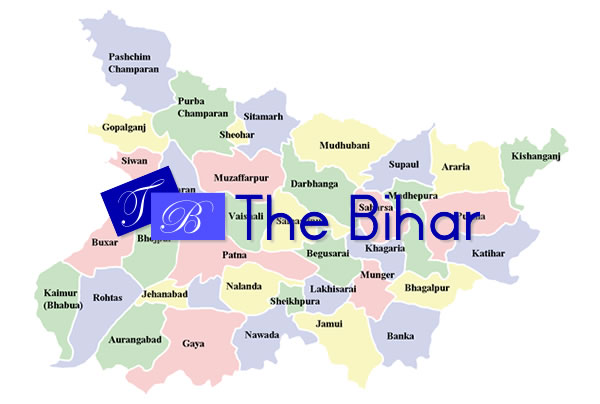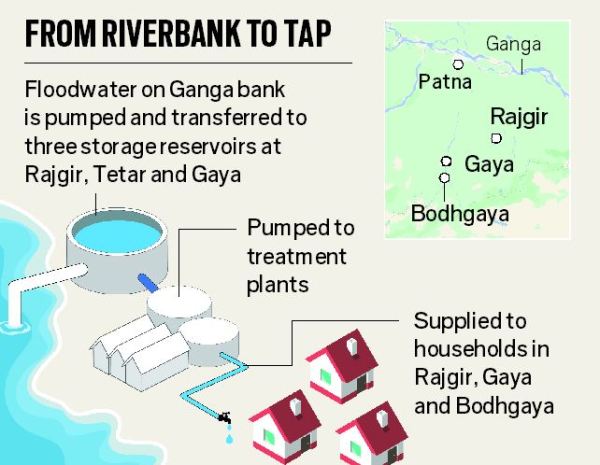Blanket ban on child rape victim images
3 min readNew Delhi: The Supreme Court on Tuesday imposed a countrywide ban on the publication and circulation of pictures or videos in any form of any child victim of sexual abuse, extending its earlier order pertaining to the minor girls raped at a government-funded shelter home in Bihar’s Muzaffarpur.
The bench of Justice Madan B. Lokur, Justice Deepak Gupta and Justice K.M. Joseph also voiced concern over the spurt in rape cases in the country and pointed to National Crime Records Bureau data that one woman is sexually assaulted every six hours. A total of 38,947 women were raped in India in 2016.
“What’s happening in the country? Women are being raped, left, right and centre,” Justice Lokur, heading the bench, observed.
The bench ordered the blanket ban after advocate and amicus curiae (friend of the court) Aparna Bhat said that even before the country had recovered from the Muzaffarpur shock, the media had put out images of victims of sexual abuse in Uttar Pradesh’s Deoria district where a similar racket has surfaced.
The judges directed action against the culprits in the Muzaffarpur case and also the immediate arrest of the wife of an accused in the sex abuse case for naming the child victims in a Facebook post.
Section 228A of the IPC prohibits the publication of the identity of a victim of sexual abuse, the violation of which can entail punishment of up to two years in prison.
The bench, at its last hearing, while taking suo motu cognizance of a letter written to it by a social activist from Bihar, had restrained the media from carrying photos or even blurred images of the Muzaffarpur rape survivors and interviewing them. At least 34 minor girls at the Balika Grih in the north Bihar town were raped and sexually abused after being sedated.
The apex court on Tuesday said only the National Commission for Protection of Child Rights and State Commissions for Protection of Child Rights can interview the victims with the help of trained counsellors.
The bench also told senior advocate Ranjit Kumar who was appearing for the Bihar government: “You are giving money to NGOs which are doing all these things…You are just giving them money without checking their credentials… their work. These are public money which you are giving to the NGOs.”
Ranjit said Bihar was doing its best to bring the culprits to book, and nine FIRs had been lodged over the Muzaffarpur home and 14 other such facilities where irregularities were found.
The bench pulled up the Delhi Commission for Women after its counsel sought to file an intervention application. “Don’t do politics here,” Justice Lokur told the commission’s counsel, nixing the intervention application.
On the suggestion of amicus curiae Bhat, the bench segregated the work of National Institute of Mental Health and Neurosciences (NIMHANS), Bangalore, All India Institute of Medical Sciences (AIIMS), Patna, and Tata Institute of Social Sciences (TISS), Mumbai – the three agencies engaged to help the Muzaffarpur rape survivors.
While NIMHANS will take care of the psychiatric and mental health of the child victims of sexual abuse, AIIMS will offer medical and clinical help. TISS will look into the social rehabilitation aspect, Justice Lokur said.
Advocate Vrinda Grover, appearing for TISS which conducted an audit of the shelter homes that brought to light the irregularities, told the court that out of 110 such institutions in Bihar, “grave concerns” had been raised about 15.
The bench asked the Centre to submit in a pen drive its report on the survey of 8,000-9,000 shelter homes across India after Bhat said the report had not been made public.
Courtesy: The Telegraph


